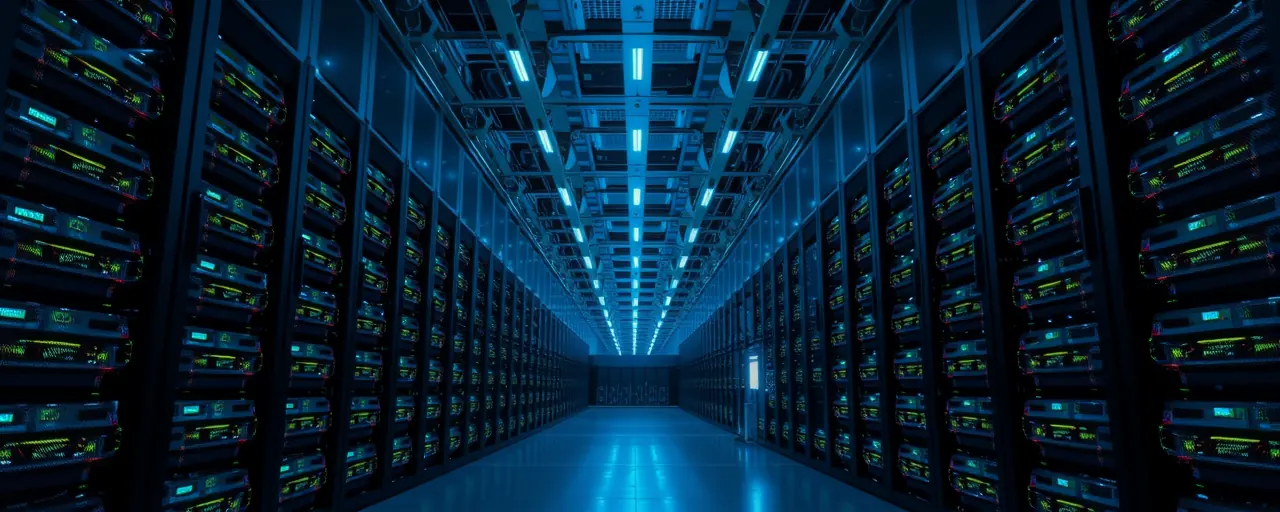A High-Stakes Partnership Takes Shape
The news came out of nowhere. President Trump, standing beside NVIDIA’s Jensen Huang, declared a new AI partnership with the United Arab Emirates a game-changer. Launched in September 2024, this deal channels advanced chips and supercomputing power to the UAE, aiming to transform it into a global AI leader. The vision is bold, but a nagging question lingers: Are we forging a path to progress or opening a door to danger?
This partnership involves more than technology. It’s about influence and responsibility. The UAE’s G42 will access up to 500,000 AI chips yearly, powered by Microsoft’s $1.5 billion Azure investment. For a nation eager to pivot from oil, this is a historic leap. Yet, for those of us who cherish democratic values, the deal demands we ask hard questions about its costs.
Why should you care? AI shapes our economy, security, and freedoms. A misstep here could ripple outward, affecting jobs, privacy, and global stability. The promise of innovation excites me, but the risks keep me grounded. We need to get this right, not just for today but for the world we’re building tomorrow.
The stakes feel personal because they are. Technology isn’t neutral—it amplifies the values of those who control it. If we export chips without exporting accountability, we risk fueling systems that clash with our principles. This deal could be a triumph, but only if we approach it with eyes wide open.
My hope is tempered by history. Past tech booms taught us that unchecked innovation can deepen inequality or empower surveillance. This time, we have a chance to write a different story, one where AI serves humanity. But hope alone won’t cut it—we need action.
The Economic Upside and Its Allure
The numbers are hard to ignore. PwC projects AI could lift global GDP by 15% over the next decade, adding a crucial point to annual growth. The US-UAE deal, backed by the Global AI Infrastructure Investment Partnership, targets $100 billion for data centers and energy projects. That kind of investment creates jobs, spurs innovation, and cements America’s role as a tech leader.
Strategically, this partnership counters China’s growing influence. Beijing’s Digital Silk Road is building tech dependencies across the Global South, but the UAE offers the US a key ally in the Middle East. With global AI spending set to reach $360 billion in 2025, and $150 billion from non-tech players, the UAE’s ambition aligns with our need to stay ahead.
What fuels my optimism is the potential for ethical leadership. The Responsible AI Foundation, created by G42 and Microsoft, sets a framework for regional ethics standards. If we insist on transparency and human rights safeguards, this deal could show the world how to collaborate responsibly. That vision excites me, but it hinges on our resolve to enforce those standards.
The Dangers Lurking Beneath
Let’s confront the risks head-on. The 2024 National Security Memorandum on AI warns that generative AI could drive 40% of data breaches by 2027. Exporting 500,000 advanced chips to the UAE, even to a partner, invites scrutiny. If these tools reach adversaries, they could power disinformation or cyberattacks. The Biden administration’s 2023 export controls aimed to prevent this, but signals from Trump’s team suggest a push to loosen those protections for market gains.
Some voices argue that freeing American tech ensures global dominance. They claim restrictions hand rivals like China an edge. But this overlooks a critical truth: leadership requires responsibility. Democratic policymakers have long advocated for risk-based testing and global cooperation through forums like the OECD. Dismissing their approach risks turning our innovation into a liability.
Then there’s the ethical challenge. The UAE’s record on labor rights and surveillance raises concerns. If AI from this deal strengthens authoritarian systems, we bear responsibility. The 2016 Obama-era big data ethics report called for prioritizing civil rights in tech. Are we upholding that commitment, or chasing short-term wins?
Charting a Responsible Future
This deal can succeed, but only with clear boundaries. Democratic leaders have outlined a path: require algorithmic transparency, enforce independent audits, and link partnerships to human rights pledges. The UAE seeks global influence—let’s demand they meet global ethical standards. Joint cybersecurity drills and clean energy commitments in the MOU are promising, but they need teeth.
At home, we must double down on equity. The Biden administration’s 2023 AI Executive Order set standards for transparent, fair AI. Let’s expand it, investing in workforce training and ethical research to ensure American workers thrive in this boom. Exporting chips should mean exporting values—democracy, justice, and accountability.
The world is watching. Will we lead with principle, ensuring AI uplifts rather than controls? I believe we can build a future where technology reflects our highest ideals. But it starts with us—demanding transparency, security, and humanity in every step of this partnership.
